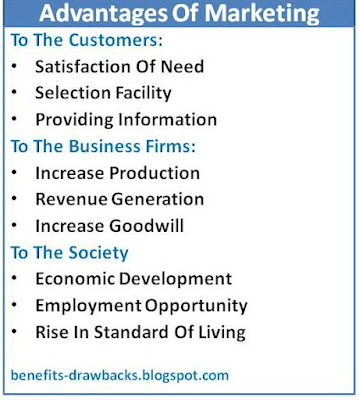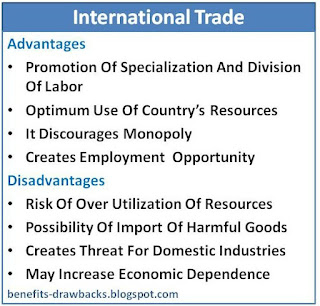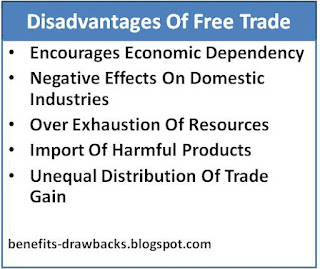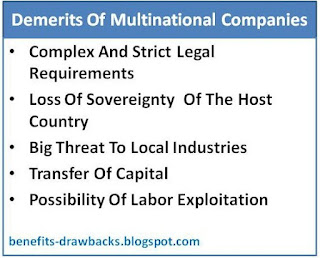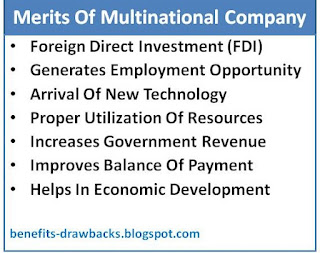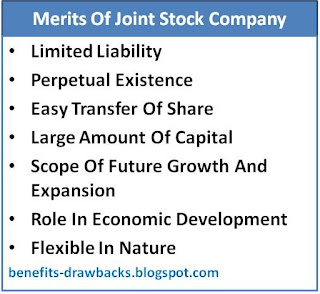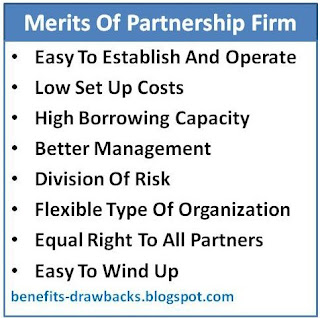Benefits Or Advantages Of Monopoly
The main advantages of monopoly can be described as follows:
1. Supernormal Profit
In monopoly, there is only one supplier for the entire market. Company can set selling price of goods freely as per wish. Therefore, monopolies can make supernormal profit.
2. Economies Of Large Scale
Only one company sells products to the large number of customers. Because of large volume of production and less cost of production firm enjoys the benefit of economies of large scale.
3. Government Revenue
Companies earns massive amount of profit because of monopoly. So, government can collect more tax from them. So, monopolies are good source of government revenue.
4. Price Discrimination
Price discrimination is another benefit of monopoly. Company may use this policy to benefit economically backward customers. For example, electricity authority may provide discount to poor families.
5. Research And Development
Company makes massive profit because of lack of competition in the market. So, it can invest huge amount of money for research and development activities. It helps to improve product quality and also minimizes the cost of production.
Also Read:
Also Read:
6. Promotes Innovation
Because of huge investment in research and development, monopoly promotes innovation also.
7. Face Depression
Because of being single supplier of goods and services, economic crisis like depression does not affect monopolies or company can face depression easily.
Drawbacks Or Disadvantages Of Monopoly
The main disadvantages of monopoly can be described as follows:
1. Customer Exploitation
Single seller has absolute power of setting price and supplying goods in the whole market. It may sell low quality products at higher price. So, there exists a chance of exploitation of customers in monopoly market.
2. Poor Service
Being a single trader, company may focus only on earning more profit rather than providing good service to the customers. Because of no customer sovereignty, consumers may not get quality products and proper service.
3. No Choice
Customers have no choice because there is only one supplier for whole market.
4. Higher Price
Monopoly lacks competition because there is one supplier for all customers. So, company may charge higher price for low quality products.
5. Unfair Practice
Monopoly restricts others to enter the market. New firms cannot sell their products in this market structure. So, it is an unfair trade practice.
Pros:
- Business Firms can earn massive profit
- Companies enjoy economies of scale because of large volume of production
- Requires less marketing and promotion costs
- It encourages innovation, research and development
- Government can collect more tax from monopoly firms
Cons:
- Customers have to pay higher price for inferior products due to the lack of competition
- It lacks customer sovereignty
- Because of single supplier, there is no alternatives for customers
- It may increase customer dissatisfaction







